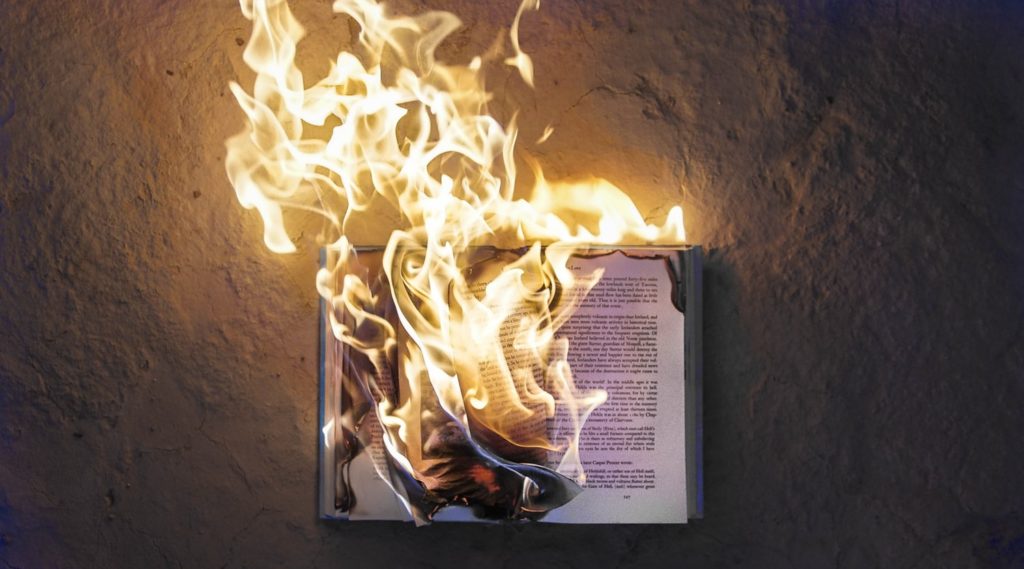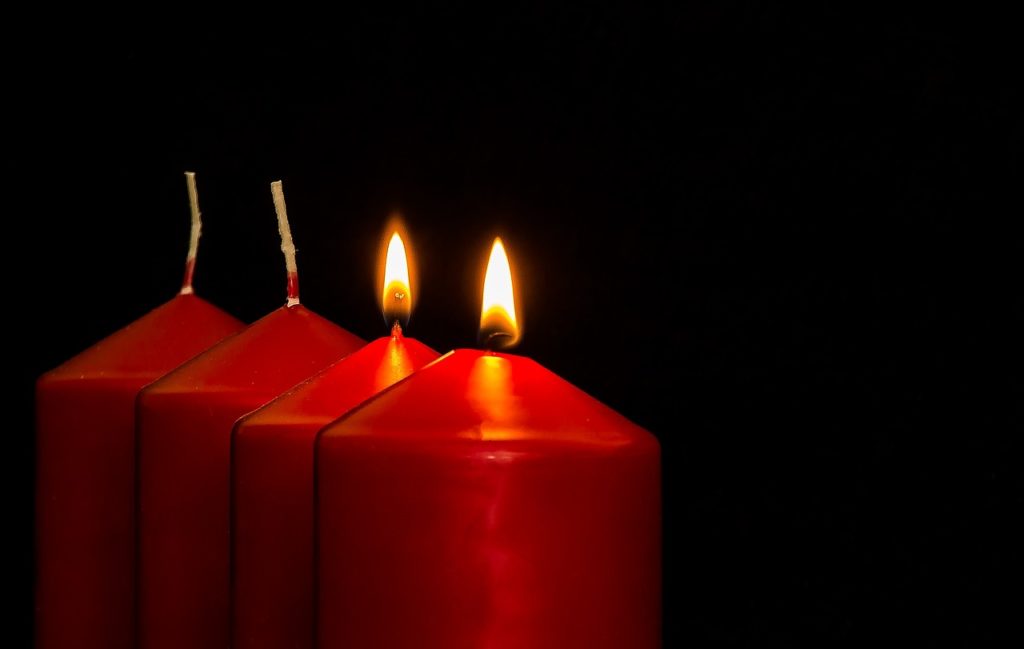This weekend is the first Sunday of Advent. We sang some advent songs. That was awesome. Mine isn’t a liturgical church–it’s more of a Modern one–so there’s not too much attention given to the Church Calendar except the biggies like Christmas and Easter. I like liturgy and The Calendar, so I like it that Advent gets some attention.
One of the songs we sang was “Angels From the Realms of Glory.” But the words were different. Rather than singing “Come and Worship Christ the newborn King” we sang “Come and Worship Christ the coming King.” Well, I didn’t sing that. I stuck to the real lyrics, not out of stubbornness; each time we got to the line, I was already halfway through the familiar, so I just forged ahead.
I wondered about this change. It’s obviously a shift in focus from the Incarnation to The Second Coming. The verses of the song are about the Bethlehem story, so perhaps the lyric-alterer wants to generate some relevance for the modern worshiper by also anticipating Christ’s future coming. Maybe he thought this made the hymn a little more well-rounded. This argument for breadth makes some sense, but if we sing about everything in a single song, aren’t we in danger of singing about nothing.
My view is that there is much to be gained by a focus on the Incarnation during the season in which we remember it.
[click_to_tweet tweet=”The Incarnation already gets eclipsed by the Resurrection in the minds of Modern worshipers, let’s not degrade it further by singing about the second advent in the very season wherein we are supposed to be celebrating the first. #Incarnation ” quote=”The Incarnation already gets eclipsed by the Resurrection in the minds of Modern worshipers, let’s not degrade it further by singing about the second advent in the very season wherein we are supposed to be celebrating the first.”]
The Significance of the Incarnation
Advent celebrates the coming of Jesus into the world when God takes human form. We Modern, Western Christians often fail to fully grasp the significance of the Incarnation. The ancient Hebrew faith was unique in that there was one God and he was outside creation. He seemed to make it a priority of being with his people, first as a pillar of fire over the Tabernacle and later in the Holy-of-Holies in the Temple, but his holiness made approaching him problematic. In the Incarnation, a wholly transcendent God took on flesh–he became one of us. This is remarkable. It redefines humanity’s relationship with God. He’s accessible and present. At it’s most basic, the Incarnation means that God is with us–Emmanuel, which has been his object all along. The incarnation also reminds us of our value; when God takes on flesh and remains enfleshed, he’s telling us a little about how he views humanity.
Human beings were special in creation–we were made in the Image of God. There are tremendous forces loosed upon the world that are degrading human value at every point. Contemporary idols, Choice, Freedom, Ease and Pleasure demand human sacrifice upon their alters. Politicians continue to insist on hierarchies and institutions suppress dialogue. Posthuman ideas whisper into our ears, as did the serpent in the garden so long ago–human beings are not special. And don’t get me started on the dehumanization of social media. We need every reminder as to our position in creation and the value conferred upon us by our creator. We need to be reminded of our Hope.
The Incarnation is a significant part of a long, long story of Redemption. This story also includes the call of Abraham, the Exodus, King David. It also includes Good Friday, Easter and the Second Coming. To reduce this long story and all it’s parts to “Jesus was crucified rose from the dead, and is coming again” is to degrade the story. We need to delve deeply into each part in order to experience the significance of each.
So, at least for these weeks in December, let us worship the newborn king.
[click_to_tweet tweet=”‘Come and Worship Christ the newborn King’ OR ‘Come and Worship Christ the coming King.’ ” quote=”‘Come and Worship Christ the newborn King’ OR ‘Come and Worship Christ the coming King.’ “]



